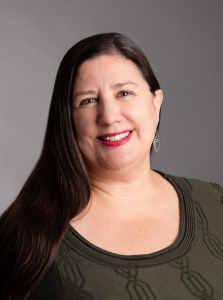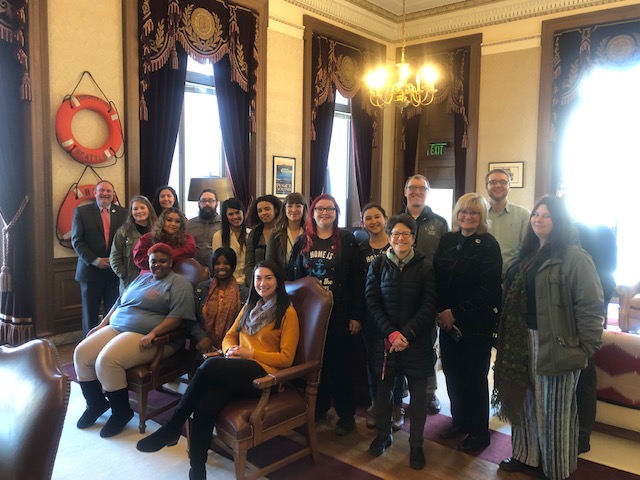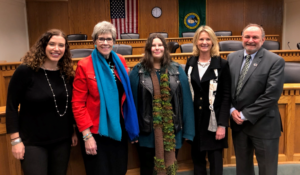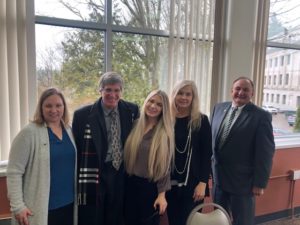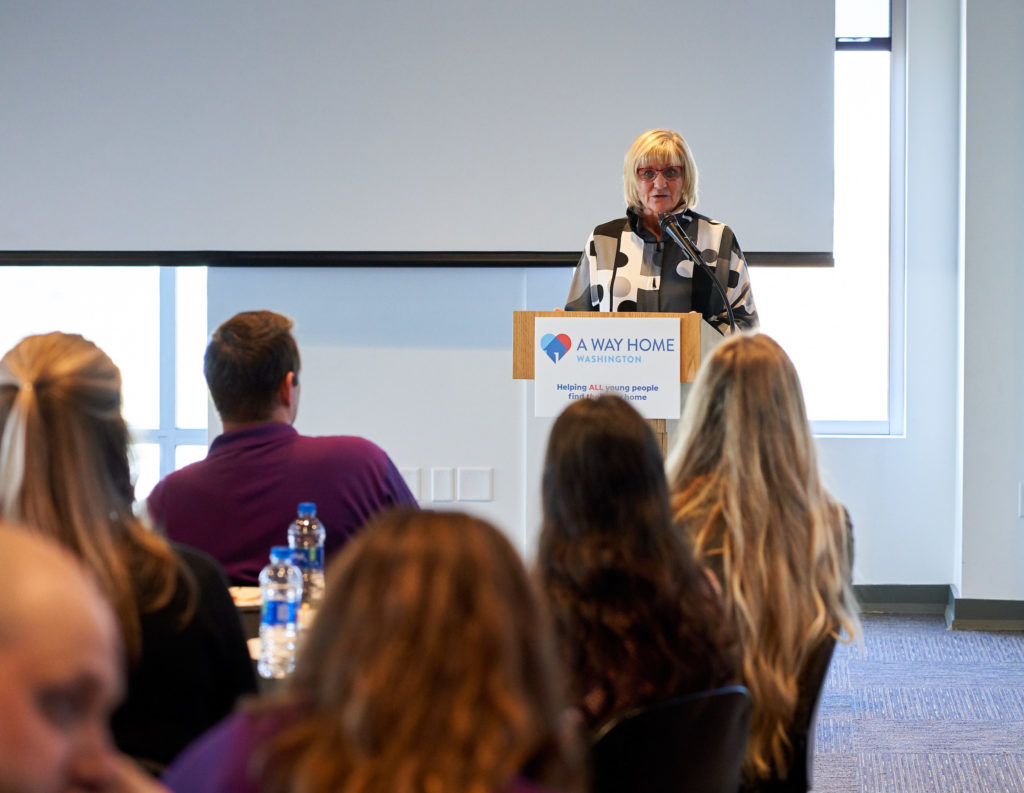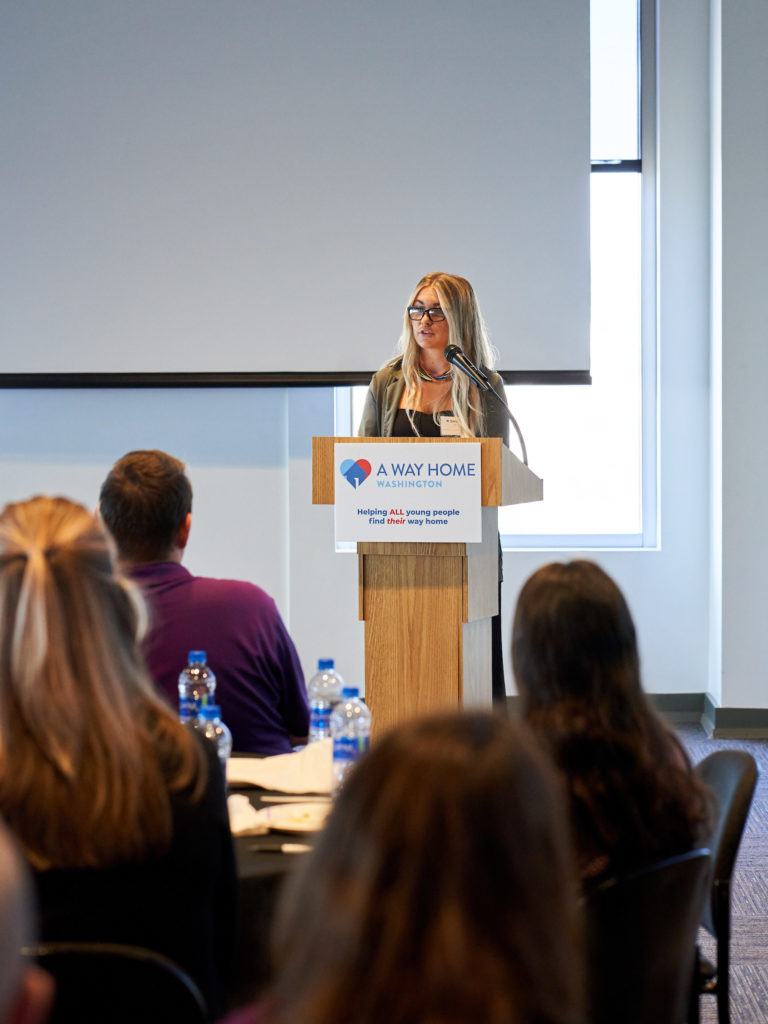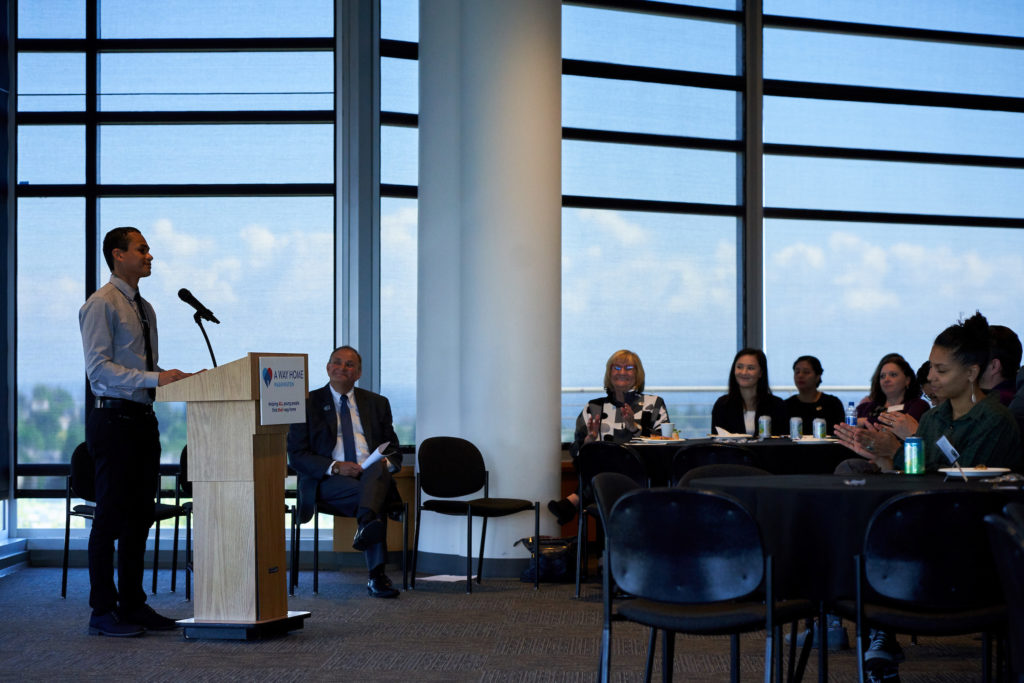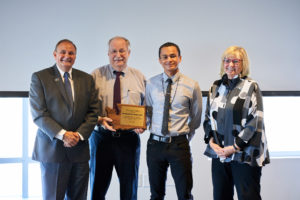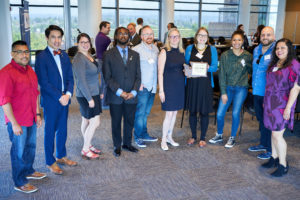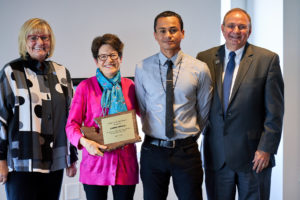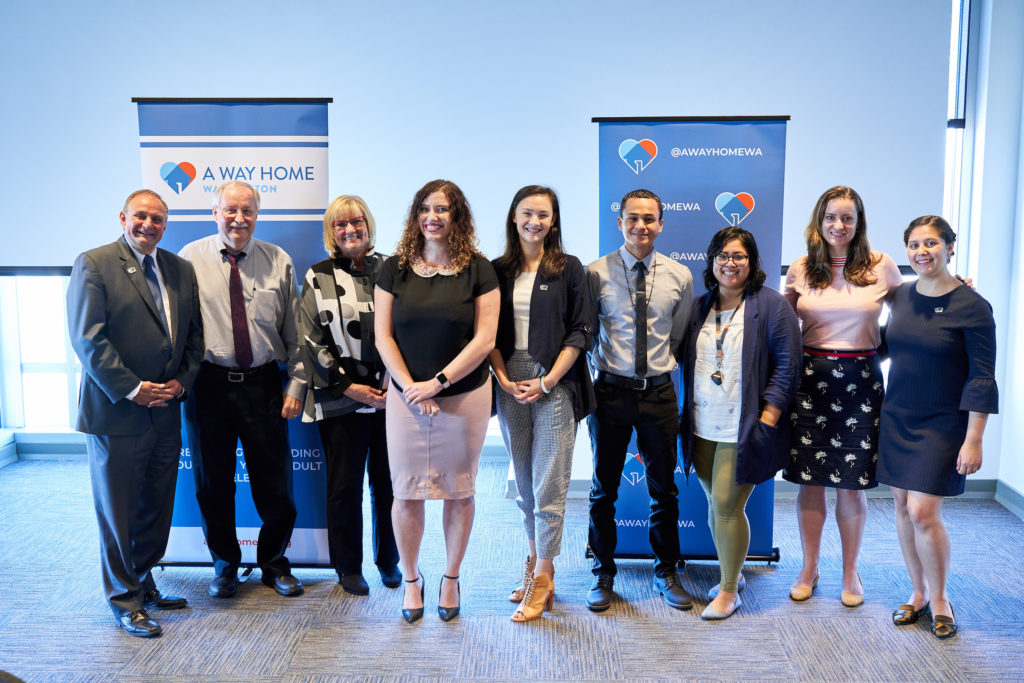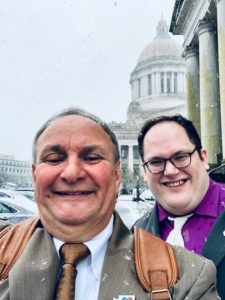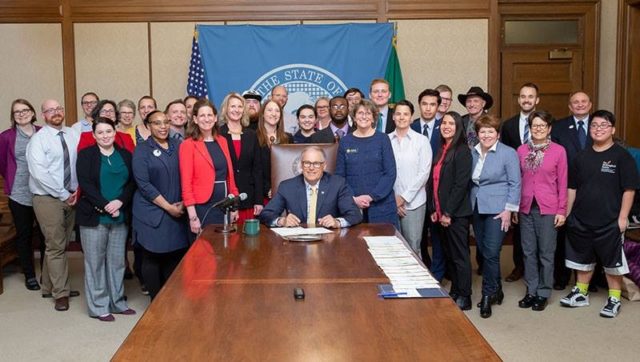According to Matt Davis, one of the ACI leads in Spokane, in the short time that the Anchor Community Initiative (ACI) has been active, it has made a noticeable impact on the homeless youth and young adult system. One example of this is the formation of the “Yes to Yes” Committee, which has a focus on case conferencing to ensure that young people are not left behind in the system. Through case conferencing, you can see the intentionality of cross-system collaboration to a common goal—moving youth and young adults out of the homeless system and into permanent housing!
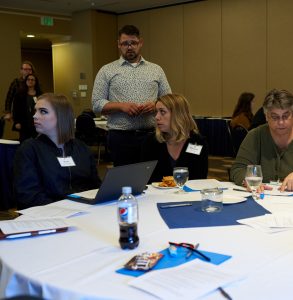
Many people think of cross-system collaboration as everyone who works with a young person coming together to communicate and share resources. This is only partially true.
Cross-systems collaboration also means asking, “who needs to be at the table to help this young person move from experiencing homelessness to being housed?” and not waiting for them to come to the table, but instead bringing the table to them.
The ACI has shifted the paradigm around youth and young adults’ expertise as well. When speaking with him, Matt and many others in Spokane truly believe that youth and young adults with lived experience are the key to understanding the impact of homelessness, the impact of policy change and finding the right solutions that work for ending homelessness. Spokane made the decision to ensure that the voices of those with lived experience are always present in their Built for Zero team as an affirmation of this belief.
Because working with young adults with lived experience has been so impactful, Spokane has started to work with people with lived experience for other subpopulations as well.
According to Matt, Spokane has always had a vision for wanting to do authentic youth and young adult collaboration but has not always had the resources or tools to do so in a way that is consistent and impactful.
Thankfully resources like state ACI Funding, which was recently renewed by Governor Inslee and the legislature, allows for communities to have extra funds dedicated to bringing those with lived experience to the table.
In Spokane this means ensuring that young people, including those on the Youth Advisory Board, who contribute their time and expertise are always compensated. Other ways that state funding supports Spokane include:
1. Adding additional resources to the data collection team. By participating in the ACI, achieving quality data and using continuous improvement science to drive reductions in homelessness other populations such as single adults and families are benefitting as well. Spokane has begun work to build By-Name Lists for all populations based on the learnings and tools developed through the ACI.
2. Fully funding the in-reach team. The in-reach team is the first point of contact for youth and young adults already experiencing homelessness in Spokane. The team is made up of a diverse group of members across several systems, including juvenile justice, education, local government, and others.
The Centralized Diversion Fund (CDF) has also made it so youth and young adults don’t have to participate in systems to get help. Because they don’t have to go through systemic hurdles, young people can get help quickly through the CDF. This allows Spokane to do preventive work to keep young peoples from experiencing homelessness and adding to an already backlogged system.
The success of the CDF in Spokane for youth and young adults has inspired Spokane County to do their own version of the CDF for other populations at risk of homelessness.
In only three years, the ACI has worked with Spokane to plan and implement some important changes to the structure and resource pool of the homeless youth and young adult system. Because of these changes, Matt Davis and the Spokane team believe that reaching “Yes to Yes” and ending youth and young adult homelessness in Spokane by the end of 2022 is in reach.

